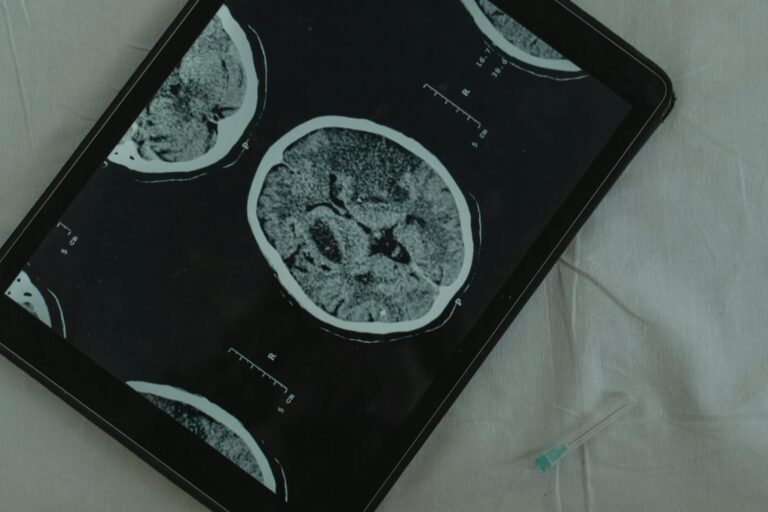Social cognitive deficits are a type of impairment that affects an individual’s ability to understand and interpret social cues, emotions, and behaviors. These deficits can impact how a person communicates, interacts with others, and forms relationships. It is a complex condition that can manifest in various forms and severity levels. In this article, we will take a closer look at social cognitive deficits, their potential causes, and some examples of how they may present in individuals.
What are social cognitive deficits?
Social cognitive deficits refer to difficulties in understanding and responding to social cues and interactions. They are often seen as a result of a person’s inability to accurately process information about their own and others’ beliefs, emotions, intentions, and behaviors. As a result, individuals with social cognitive deficits may struggle with social situations and have difficulties in forming meaningful relationships.
Causes of social cognitive deficits:
The exact cause of social cognitive deficits is still not fully understood. However, researchers have identified potential factors that may contribute to the development of this condition, including genetic predisposition, environmental influences, and brain abnormalities.
Genetic predisposition: Studies have shown that social cognitive deficits may have a genetic component. For instance, people with autism spectrum disorders (ASD) are more likely to have social cognitive deficits, suggesting that genetic factors might be involved in both conditions.
Environmental influences: Early life experiences can also play a role in the development of social cognitive deficits. For example, children from low-income families are more likely to experience adverse childhood events such as neglect or abuse, which can affect their social cognitive skills.
Brain abnormalities: Research has found that structural and functional abnormalities in specific areas of the brain, such as the prefrontal cortex and amygdala, may be linked to social cognitive deficits. These regions play a vital role in processing social cues and regulating emotions.
Examples of social cognitive deficits:
Social cognitive deficits can manifest in various ways, depending on the individual and the severity of their impairment. Some common examples include:
1. Difficulty understanding emotions: People with social cognitive deficits may struggle to recognize and interpret facial expressions, tone of voice, and body language, making it challenging to understand others’ emotions.
2. Impaired social perception: Social perception refers to the ability to understand and interpret the behaviors and actions of others. Individuals with social cognitive deficits may have trouble reading social cues, leading to misinterpretations of others’ intentions or motivations.
3. Poor communication skills: Social cognitive deficits can affect an individual’s ability to effectively communicate with others. They may have difficulty adjusting their communication style based on the context and may struggle with nonverbal cues such as eye contact, gestures, and facial expressions.
4. Limited perspective-taking abilities: Perspective-taking is the ability to see things from another person’s point of view. Individuals with social cognitive deficits may find it challenging to understand others’ perspectives, leading to difficulties in empathizing and building relationships.
5. Trouble navigating social situations: People with social cognitive deficits may struggle in social situations, such as group conversations, social gatherings, or romantic relationships. They may find it challenging to follow social norms and rules, leading to awkward or inappropriate behavior.
Conclusion:
Social cognitive deficits can significantly impact an individual’s social life and overall well-being. It is a complex condition that can present in various ways and can be challenging to diagnose and treat. However, with early intervention and support, individuals with social cognitive deficits can learn coping strategies and improve their social skills, leading to a better quality of life. If you or someone you know is experiencing difficulties in social situations, seeking professional help is highly recommended. With proper understanding and support, individuals with social cognitive deficits can thrive and build meaningful relationships.





